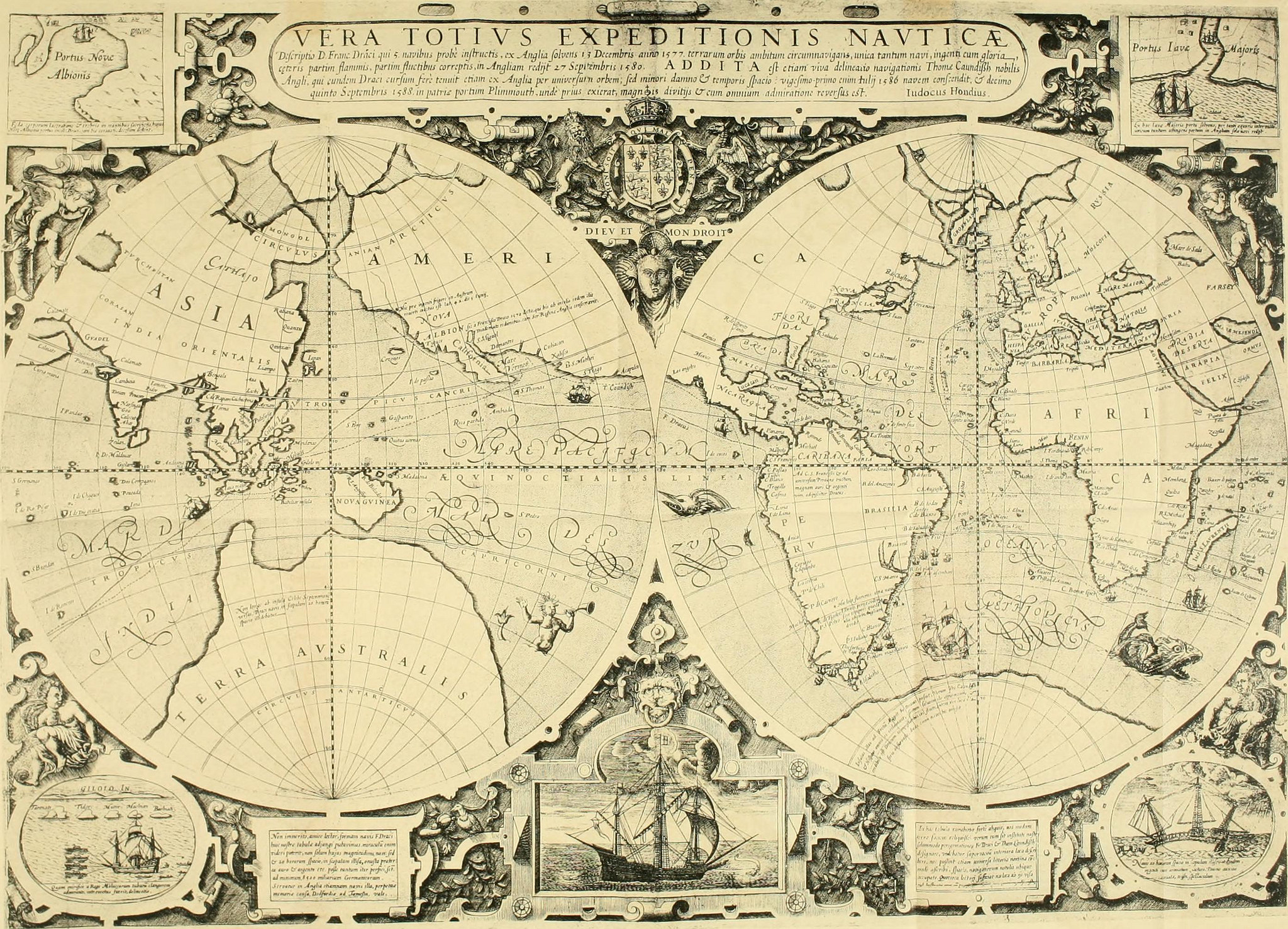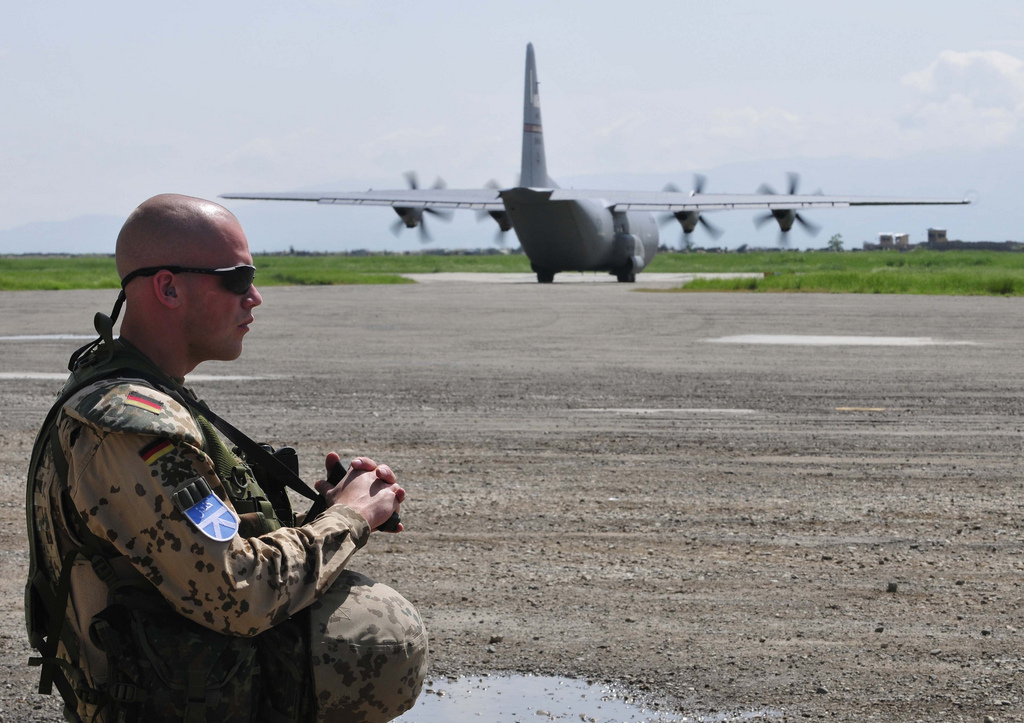Guest post by Sam Ghatak, Aaron Gold, and Brandon Prins.
Recent events demonstrate how difficult territorial disputes are to manage. In July a United Nations tribunal ruled that China’s sovereignty claims over the South China Sea, and its aggressive attempts to enforce them, violate international law. China’s response has been to ignore the Tribunal’s decision and continue its militarization of the Spratly Islands. Neighbors, including Vietnam, Malaysia, Brunei, and the Philippines, all challenge Chinese authority and reject its nine-dash line, but all also seem fearful of provoking an incident with Chinese forces. The US, while officially neutral when it comes to disputes over ownership of the South China Sea, could be drawn into any conflict that erupts. Not only does the US have an interest in protecting sea lanes that are vital to global commerce, but also its mutual defense treaty with the Philippines commits the US to assist Manila if a confrontation with China arises.
Territorial disputes, it turns out, are incredibly difficult to manage. Take the case of Kashmir, which appears to be heating up again as well. The killing of Burhan Wani, a leader in the Kashmir insurgency, on July 9, 2016, by Indian security forces has aggravated feelings of mistrust and apprehension. Pakistan’s Prime Minister, Nawaz Sharif, termed the killing “India’s barbarism” and declared the observance of a “black day” in Pakistan on July 19 in protest. India reacted by condemning Pakistan’s meddling in India’s internal affairs. Kashmir has been in dispute for nearly 70 years and the territorial disagreement seems unlikely to be resolved anytime soon. Indeed, India and Pakistan each continue to view the land as inviolable and thus not subject to negotiation. China’s control of approximately 20% of Kashmir further complicates settlement as well.
Territorial conflicts in Central Asia also remain difficult to resolve. Despite a ceasefire brokered by Russia, the United States, and France, the co-chairs of the OSCE Minsk Group, Armenia and Azerbaijan continue to contest control over Nagorno-Karabakh as well as other surrounding territory (here and here). An escalation of tensions in April 2016 between ethnic Armenians from the de facto Republic of Nagorno-Karabakh and the Azerbaijani military resulted in the largest number of fatalities since the Russian-brokered 1994 cease-fire. Leaders in Armenia and Azerbaijan both confront domestic opposition to territorial conciliation and the recent fighting has only strengthened hardliners and deepened distrust. Consequently, a peaceful resolution to the conflict has become even more difficult to achieve.
Finally, Putin’s annexation of Crimea following President Yanukovych’s removal in late February 2014 and Russia’s subsequent support for separatists in Eastern Ukraine also demonstrates the salience of territorial conflict. Seizing Crimea appears to have bolstered Putin’s favorability at home, demonstrating the political benefits of power politics, and since Sevastopol hosts the Russian Black Sea fleet, control of Crimea further provides Russia with critical access to the Black Sea to project its naval power. Given the strategic value of the peninsula, it seems unlikely that Russian President Vladimir Putin will negotiate a return of the territory to Ukraine at any point in the near future.
Why Are Territorial Disputes So Risky?
The role of territory in inter-state conflict, as these events illustrate, is not only a significant feature of modern foreign relations, but it is quickly becoming an increasingly promising and dynamic research program in political science. Territorial disputes are the most conflict-prone, the most fatal, and the most likely to escalate into inter-state wars (Vasquez 2009). Such disputes are also the most difficult to resolve. This is no surprise, since scholars associate territorial conflict with high audience costs and the promotion of hard liners; however, research also shows that the resolution of territorial disputes and stable borders is associated with higher bilateral trade flows and a higher likelihood of joint democratization (Owsiak 2012; Simmons 2005). Clearly, the issue of territory is a broad yet progressive and influential research agenda.
In June 2015, a conference was held at the University of Tennessee-Knoxville called “New Directions in the Study of Territory and Political Violence” where original research on territorial conflict and conflict resolution was presented and discussed. The highlights of this conference are presented in a forthcoming special issue of Conflict Management and Peace Science – check it out if you’re interested in new advancements in the study of territory. Three themes emerge from the special issue: 1) new and exciting advancements are being made in the collection of data on the classification and characteristics of territorial disputes; 2) border delimitation appears to significantly affect a broad array of inter-state interactions; and 3) the perception of threat and the bargaining environment affect and relate to the territorial dimension of armed conflict. Here’s a sneak peek into some of the findings.
The Issues of Threat and Bargaining Explain Important Aspects of Territorial Conflict
In 1999, India and Pakistan fought a short war over disputed territory along the Line of Control (LOC) that separates military forces in Kashmir. In addition to challenging the conventional theory of nuclear deterrence, the Kargil War presents a direct affront to the principle of democratic peace since both states had democratically elected governments at the war’s beginning. Do liberal institutions always push leaders toward conciliation and compromise or is the democratic peace conditional on the presence of regional stability? Ghatak, Gold, and Prins (2016) argue that democratic leaders find it increasingly difficult to resolve quarrels non-violently when states face salient external security threats, such as the presence of territorial claims or strategic rivalry. The pacific effects of dyadic democracy appear limited to nonthreatening neighborhoods. What’s more, given that Pakistan initiated a war by intruding into the Indian side of the LOC, the Kargil war raises a second question: who initiates a war in the presence of a territorial claim? Contending that conflict resolution depends on both the distribution of capabilities and possession of disputed territory, Bell (2016) finds that both democratic and autocratic leaders may be driven to military confrontation if a weaker adversary holds the disputed territory, suggesting further limits to democratic passivity.
When States Delimit their Border They Increase the Likelihood of Peaceful Interaction
Territorial disputes remain exceptionally dangerous, but it appears that certain quarrels are more dangerous than others. Gibler (2016), for example, shows disputed ownership of territory, such as Chaco, Kashmir, and Turkey’s claim to Cyprus as well as state system changes such as the birth of Israel and the break-up of Imperial Russia and the Ottoman Empire involve territorial distribution and are most likely to produce inter-state war. Such ownership disputes fundamentally concern identity and therefore remain difficult to resolve. Still, if territorial disputes propel states toward armed conflict, resolution of such disputes should enhance international peace. Owsiak, Diehl, and Goertz (2016) argue that when states settle their borders through delimitation it increases the likelihood that they will transition from rivalry to peace, pushing leaders away from escalatory and aggressive foreign policy actions.
The articles in the special issue of Conflict Management and Peace Science all agree on the importance of territory for understanding and explaining inter-state conflict and conflict resolution. Indeed, all suggest that diplomatic measures designed to facilitate boundary settlement will have powerful and long-lasting conflict reducing effects. Further, salient issues, such as boundary questions, push even democratic leaders away from conciliation and toward more aggressive policy actions. As such, a more focused effort at addressing issues of land and territoriality may prove fruitful in addressing interstate conflict and promoting democracy in the long run.
Brandon Prins is Professor of Political Science and Fellow with the Howard Baker Center at the University of Tennessee. Sam Ghatak is Lecturer in Political Science at the University of Tennessee. Aaron Gold is a doctoral student in the Department of Political Science at the University of Tennessee.







1 comment